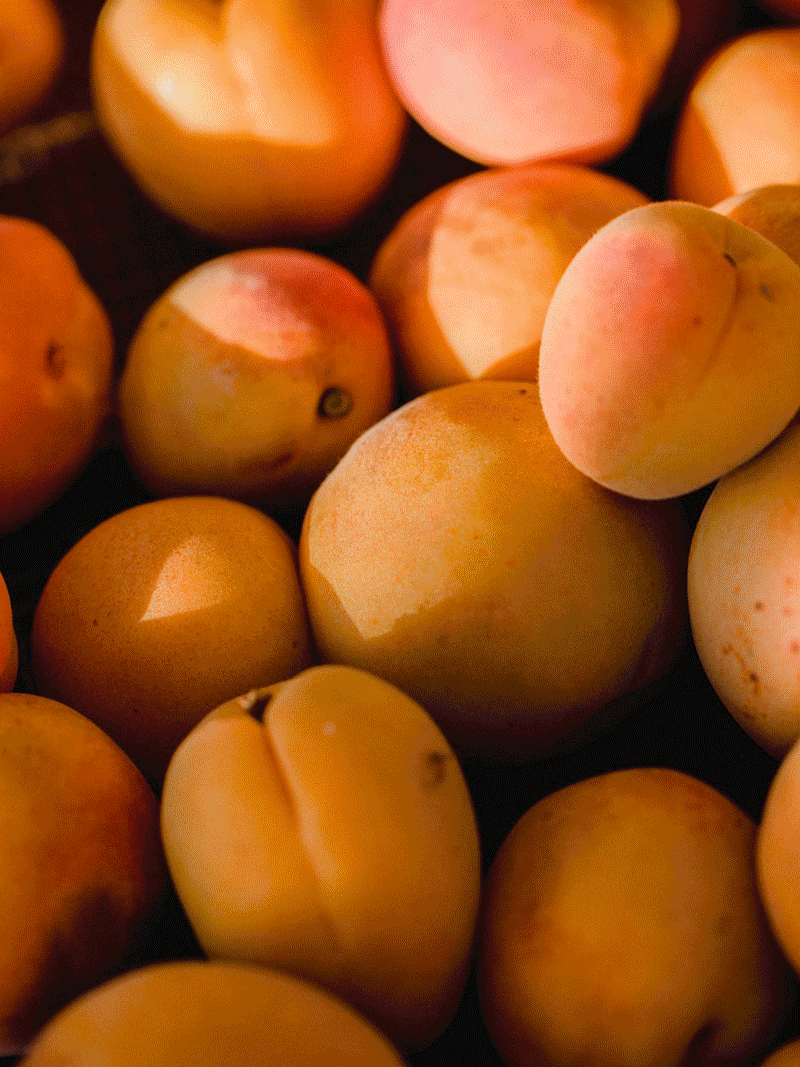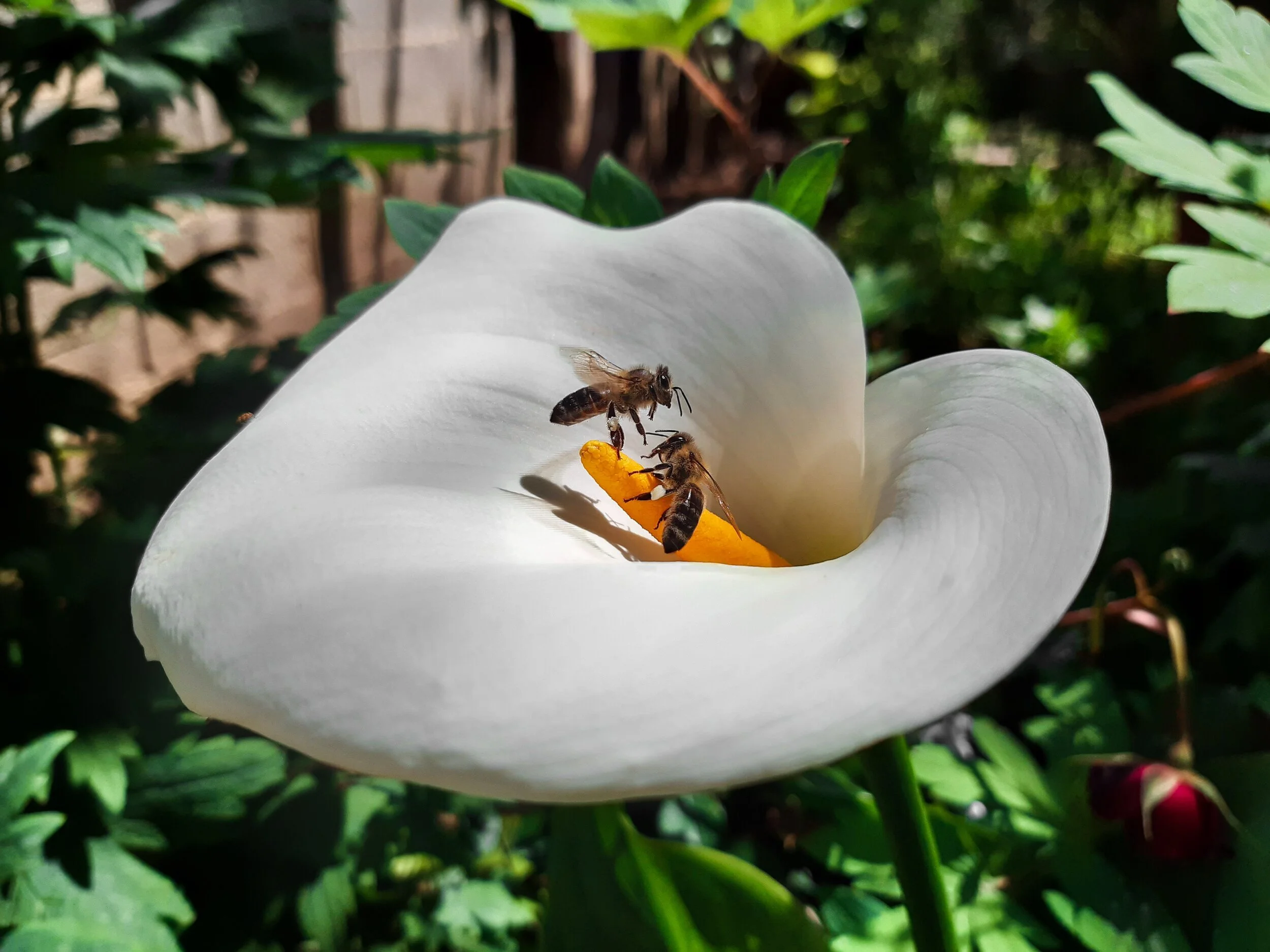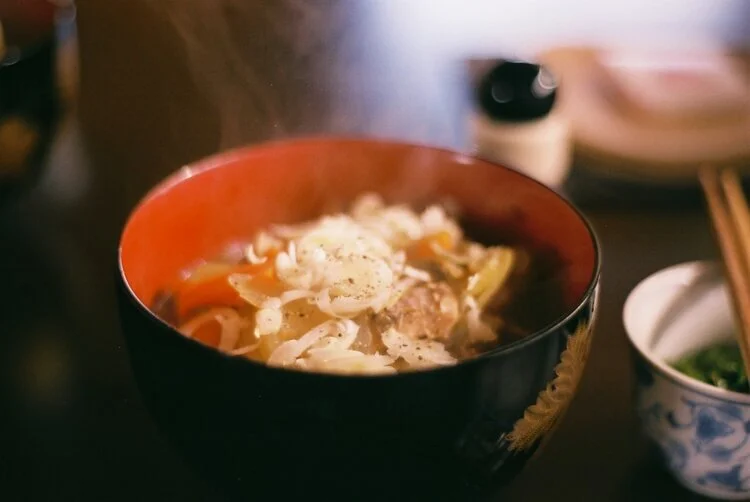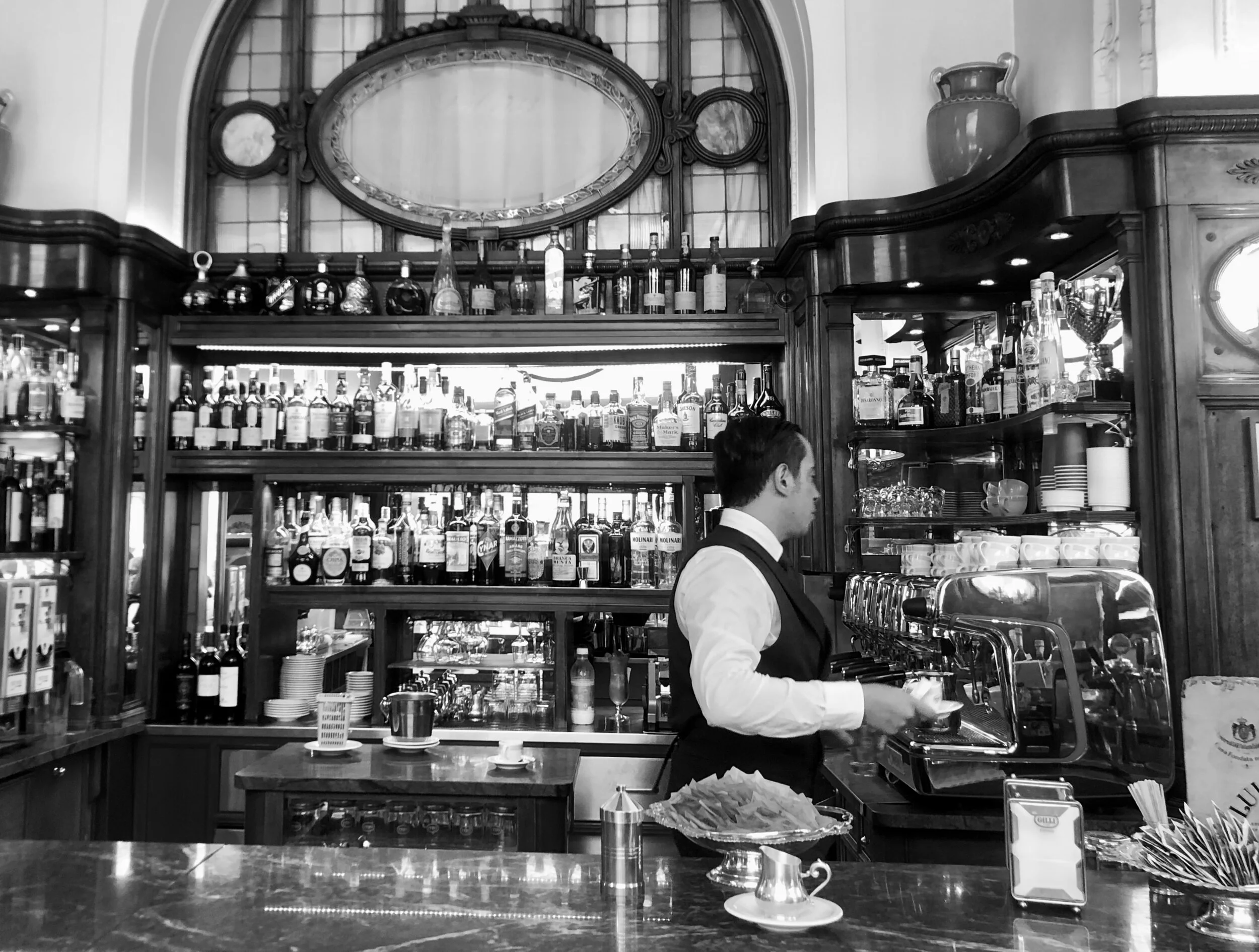
Around this time of year, there’s often an essence of indulgence that creeps into the air as temperatures turn crisper. A little more shopping, a little more family time, a little more eating...
The Greeks have a way of making everything seem a little less imposing by employing a healthy use of diminutives – adding the suffix -aki to anything that needs to sound a bit softer, more polite, or more inviting. You may hear it as a term of endearment when affixed to a name (George becomes Georgakis), and very often with food or drinks (coffee/kafe become kafethaki). Enter, the mezethaki.
Like many cultures, my Greek family shows their affection through food and you show your reciprocation by eating. You can almost always expect to be fed in a Greek household and there’s no such thing as not being hungry. You will be encouraged (read: lovingly coerced) to have "some mezethakia," a little snack, at the very least. I didn’t grow up speaking fluent Greek, but mezethakia is a word that I knew and understood well from a very young age.
Traditionally mezes should be easy, no-fuss foods that are easy to make and share. In my family, mezethakia have evolved to be any snack or series of small bites that may precede a meal or may end up replacing a meal altogether. They could be as simple as the blocks of feta cheese, still dripping with brine, that my papou (grandfather) would feed me as a child, or as complicated the phyllo-layered Spanakopita we would spend half a day preparing.
Deeper than satisfying a peckish craving (or a persuasive relative), for me mezethakia has evolved to represent a welcome break in between projects or phases of the day. A time to stop, and sit, and snack. It’s not just about eating – it's about recharging, recalibrating, and reconnecting. It's a moment you can embrace alone to create a space for reflection or indulge in some quality time catching up with someone whose company you enjoy. Either way, it's a welcome invitation to take a pause and feed your soul, just a little.
This article is part of the Food edit of DIMMI DIGEST. Just like language, food is our collective blank canvas that begs us to inject it with creativity, with the ability to transform all people both physically and emotionally. The foods we eat and enjoy, acting as a reflection of our past as well as our innermost desires and dreams. Like language, the food that nourishes our soul will always be here for us, ready to be transfigured into whatever we need it to be at that moment.









































